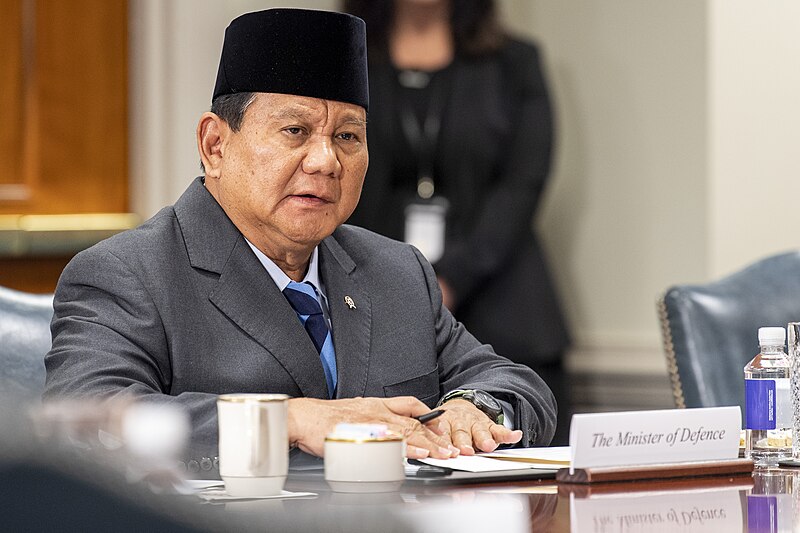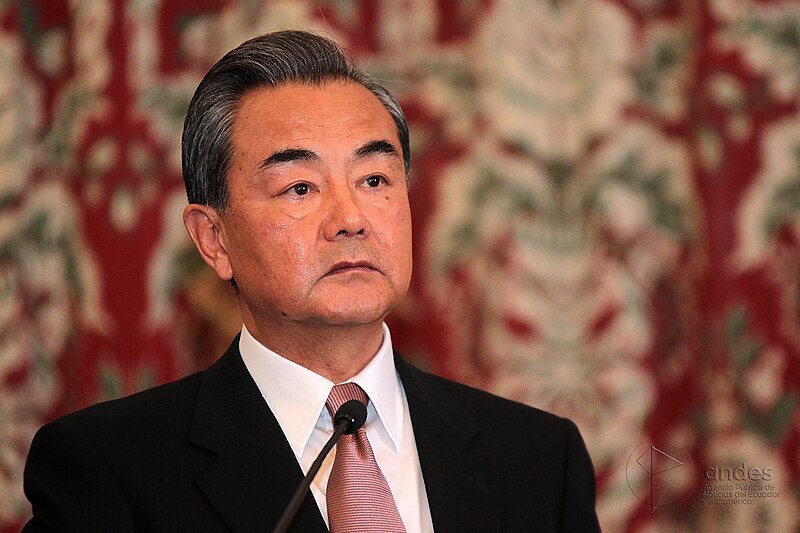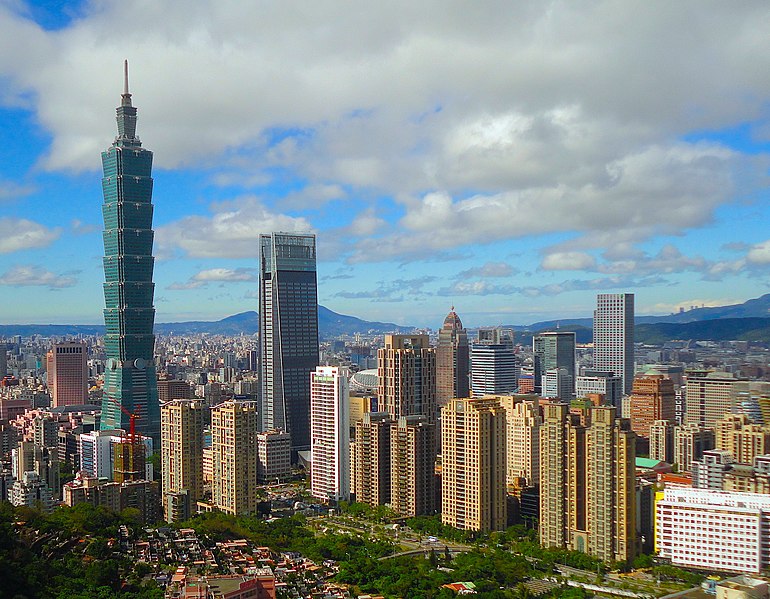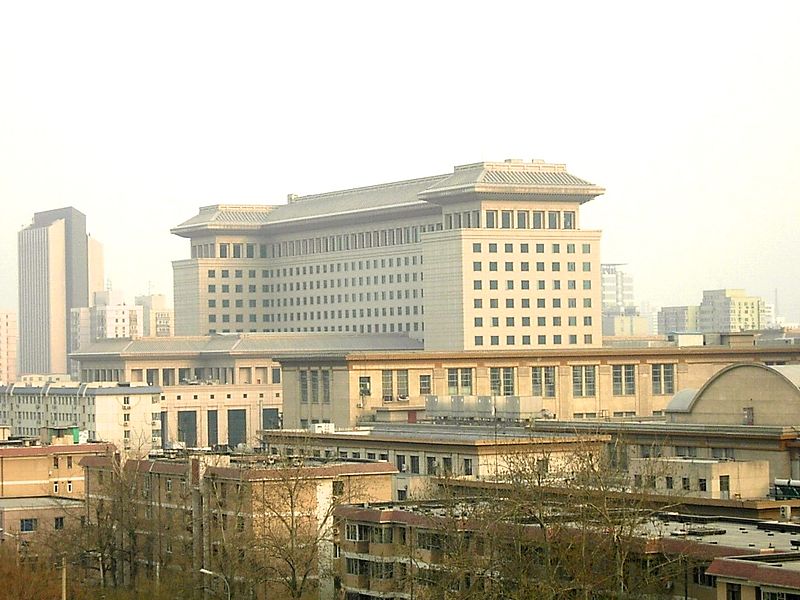
China has announced stricter controls on the export of gallium and germanium, two vital materials used in computer chip production. As the world's largest producer of these metals, China's
move aims to safeguard national security and interests. This development comes amid Washington's efforts to limit Chinese access to advanced microprocessors. The new regulations will require special licenses for exporting gallium and germanium starting next month. These metals play a crucial role in semiconductor, communications, and military equipment, as well as solar panels.
Semiconductors have become a contentious issue in the ongoing trade dispute between the world's two largest economies. The United States has taken measures to restrict China's access to certain technologies, particularly those with potential military applications, such as chips used in supercomputing and artificial intelligence. In October, the US announced a requirement for licenses when exporting chips to China, regardless of their place of manufacture, if US tools or software were used in their production. Other countries, including the Netherlands and Japan, have also joined in restricting exports of semiconductor-related equipment.
The Netherlands recently announced limitations on the export of specific semiconductor manufacturing equipment, including its "most advanced" microchip technology. These restrictions will impact companies like ASML, a crucial player in the global microchip supply chain. Similarly, Japan plans to restrict certain exports related to computer chip manufacturing, affecting 23 types of semiconductor manufacturing equipment.
China has frequently accused the US of being a "tech hegemony" in response to Washington's export controls. In retaliation, China has imposed restrictions on US companies tied to the American military. Against this backdrop, US Treasury Secretary Janet Yellen is set to visit China for four days, starting from Thursday. She has emphasized the importance of maintaining open trade and investment ties between the two nations, warning against attempts to decouple the US economy from China. Yellen's visit follows a meeting between US Secretary of State Antony Blinken and Chinese President Xi Jinping in June, marking a resumption of high-level communications between the rival superpowers. Photo by RaspberryPi.jpg: Jwrodgers, Wikimedia commons.


























